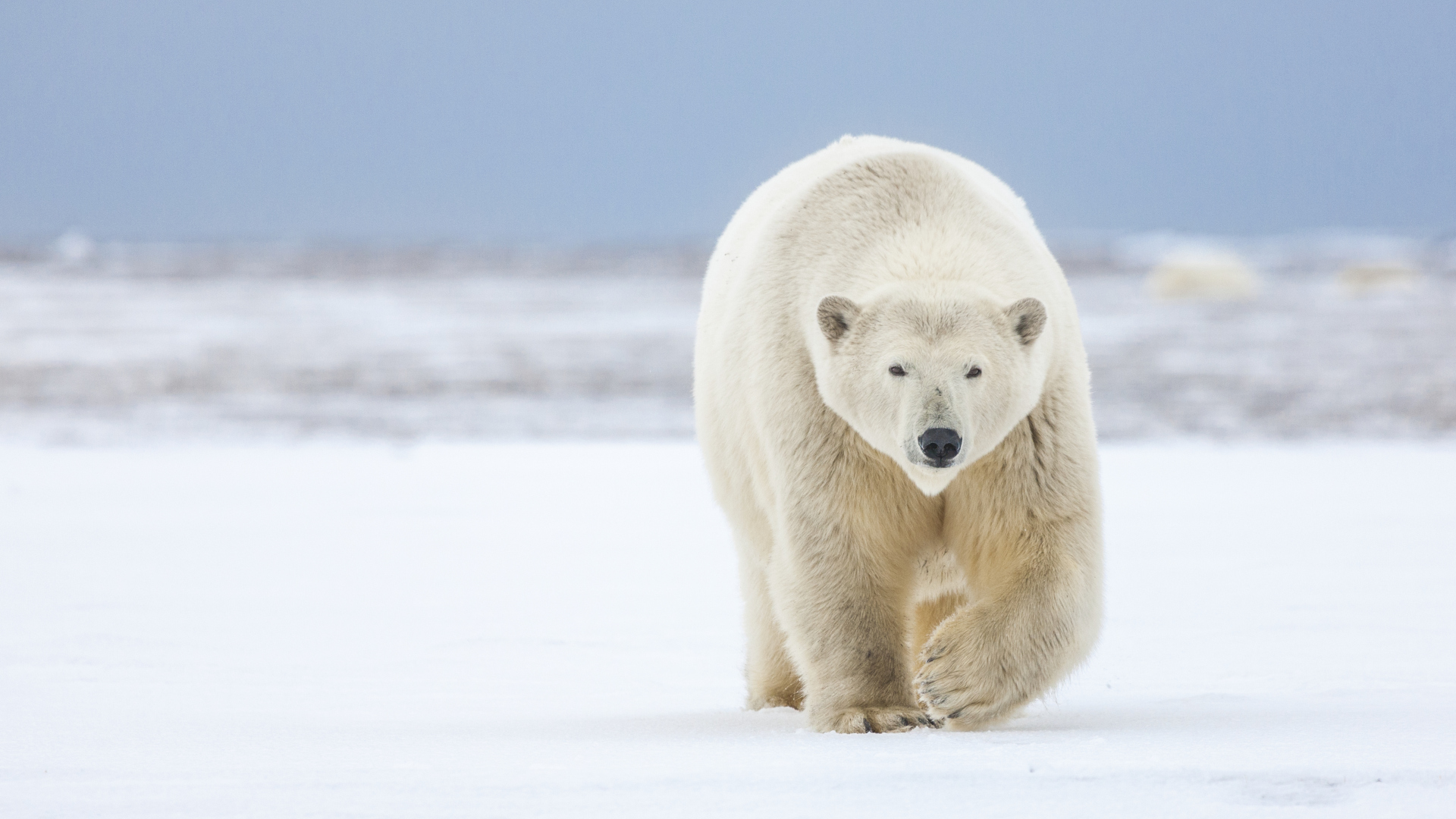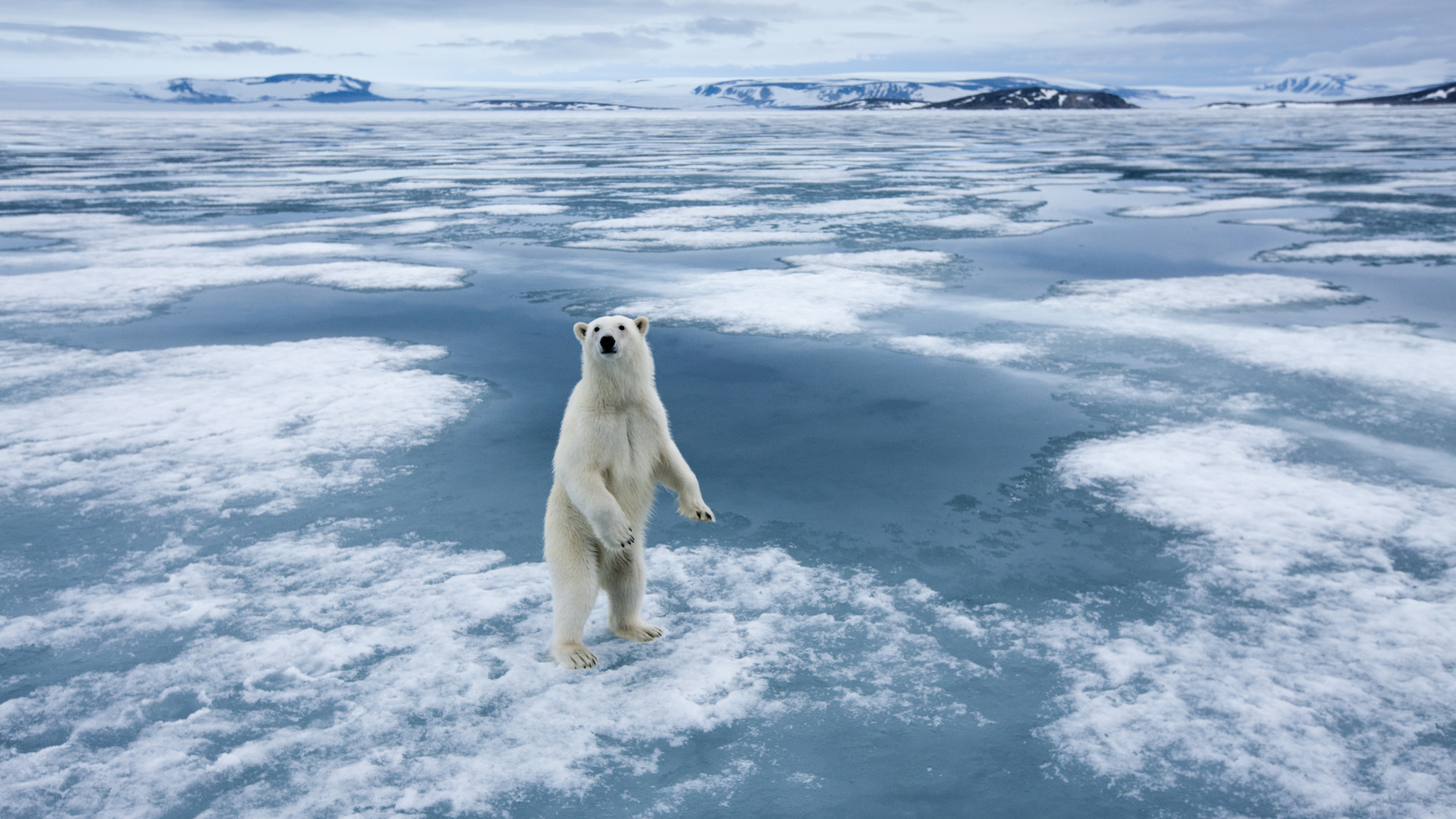“Grolar bears” – grizzly-polar bear hybrids remain rare despite global warming, new study reveals
Scientists have been concerned about increasing hybridization due to global warming

A first-of-its-kind study published last week on grizzly-polar bear hybrids shows the population remains extremely rare, following fears it would increase with global warming.
The genome analysis of over 800 polar and grizzly bears was performed by researchers from Environment and Climate Change Canada, Polar Bears International, University of Manitoba, MacEwan University, Government of Northwest Territories and San Diego Zoo Wildlife Alliance.
The study reports to be the first-ever large-scale analysis of hybrids of polar and grizzly bears, sometimes referred to as "grolar bears", and was performed by developing a genetic sequencing chip to provide rapid analysis of samples from polar and grizzly bears.
According to the report polar bears evolved from grizzly bears several hundred thousand years ago. While gene flow has occurred between the two species in the past, recent hybridization is restricted to a small group of bears in the western Arctic.

Polar bear researchers have been concerned that an increase in hybridization could threaten the ability of polar bears to adapt and survive, particularly those in Hudson Bay, which some scientists say face extinction by mid-century.
The report analyzed 371 historic polar bear and 440 historic grizzly bear samples from Alaska, Canada and Greenland and confirmed only eight previously-known hybrid bears, totaling around one percent of samples. The first grolar bear appeared in 2006 and all eight grolar bears can all be traced back to one female polar bear, essentially forming just one family.
“We were surprised to find no new cases of polar-grizzly hybrids despite speculation of increasing numbers,” says co-author Dr. Ruth Rivkin, who said the sequencing chip will be important in monitoring grolar bear in areas where the two populations overlap as global temperatures rise.
All the latest inspiration, tips and guides to help you plan your next Advnture!
Polar bears are listed as a vulnerable species and wildlife experts are concerned that their populations will further decline, or they will be bred out of existence, as their habitats change with global warming.
Julia Clarke is a staff writer for Advnture.com and the author of the book Restorative Yoga for Beginners. She loves to explore mountains on foot, bike, skis and belay and then recover on the the yoga mat. Julia graduated with a degree in journalism in 2004 and spent eight years working as a radio presenter in Kansas City, Vermont, Boston and New York City before discovering the joys of the Rocky Mountains. She then detoured west to Colorado and enjoyed 11 years teaching yoga in Vail before returning to her hometown of Glasgow, Scotland in 2020 to focus on family and writing.

